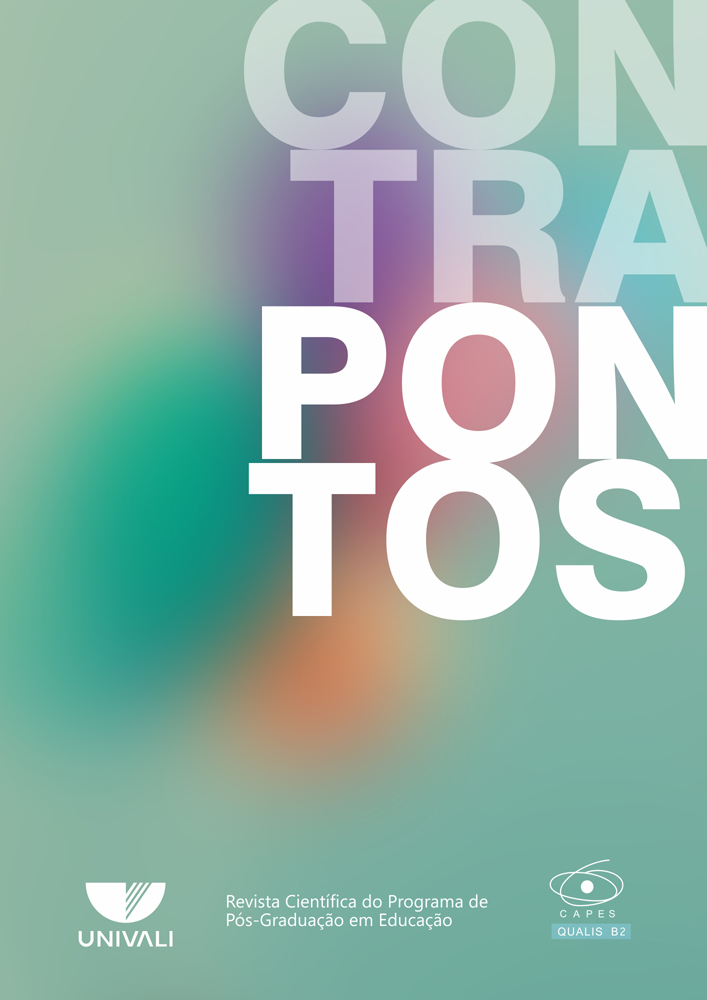
The aim of this study is to discuss higher education and public policy on student welfare in Brazil, based on the studies of Araújo (2017), Araújo and Andrade (2017), Carrillo and Iranzo (2000), Dourado (2011), Fávero (2006) and Kowalski (2012), and also on documents of the Brazilian legislation. It is a bibliographical study which, in the survey of the sources, showed considerable written production on the subject of Higher Education, but less studies on the subject of Students’ Welfare. From another angle, it emphasizes that the National Student Welfare Program represented an advance towards lowering student drop-out rates, but cannot cover all the demands of students, who often have economic difficulties, and are part of the scenario of a Brazil hampered by social inequalities.





